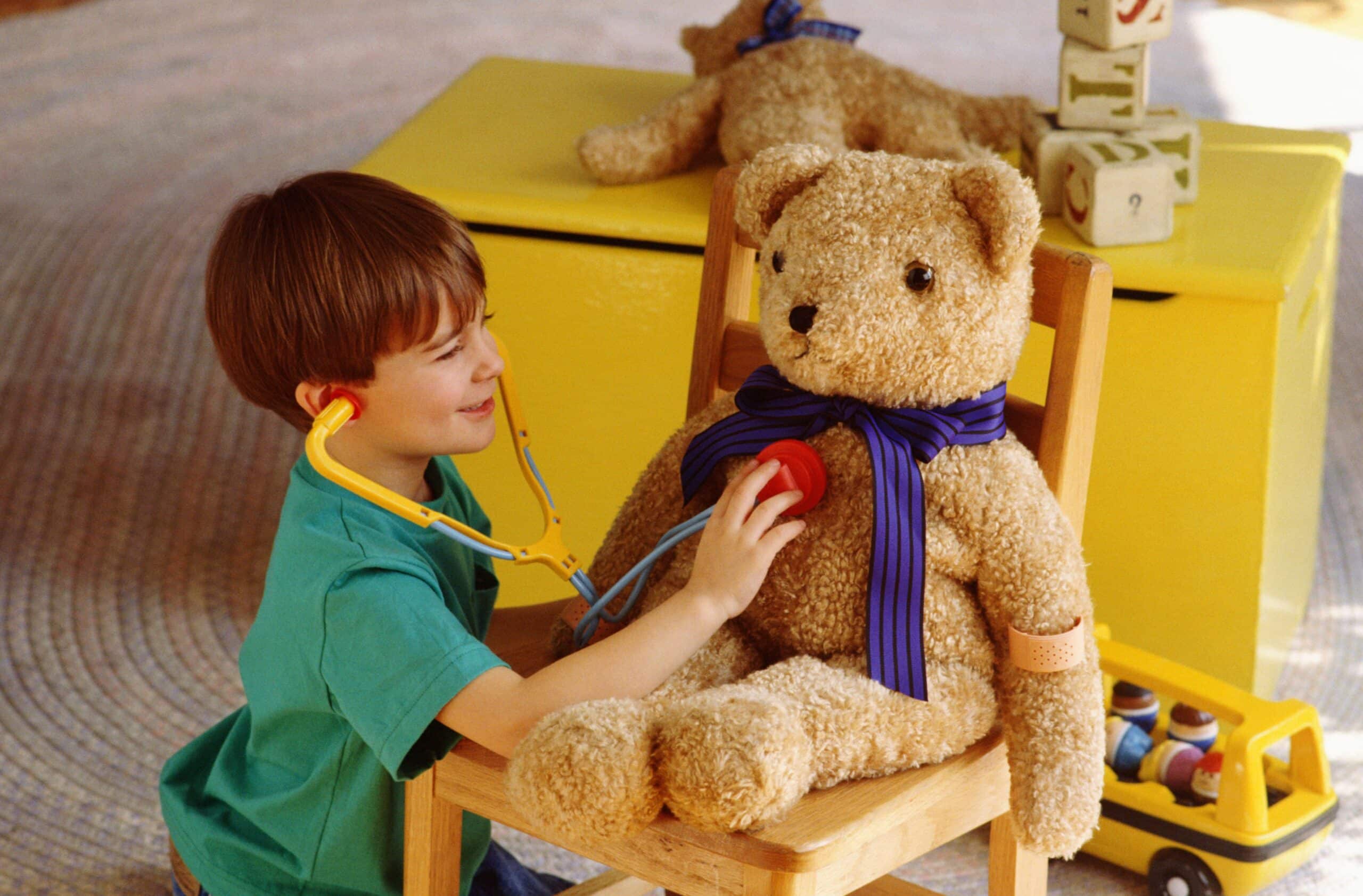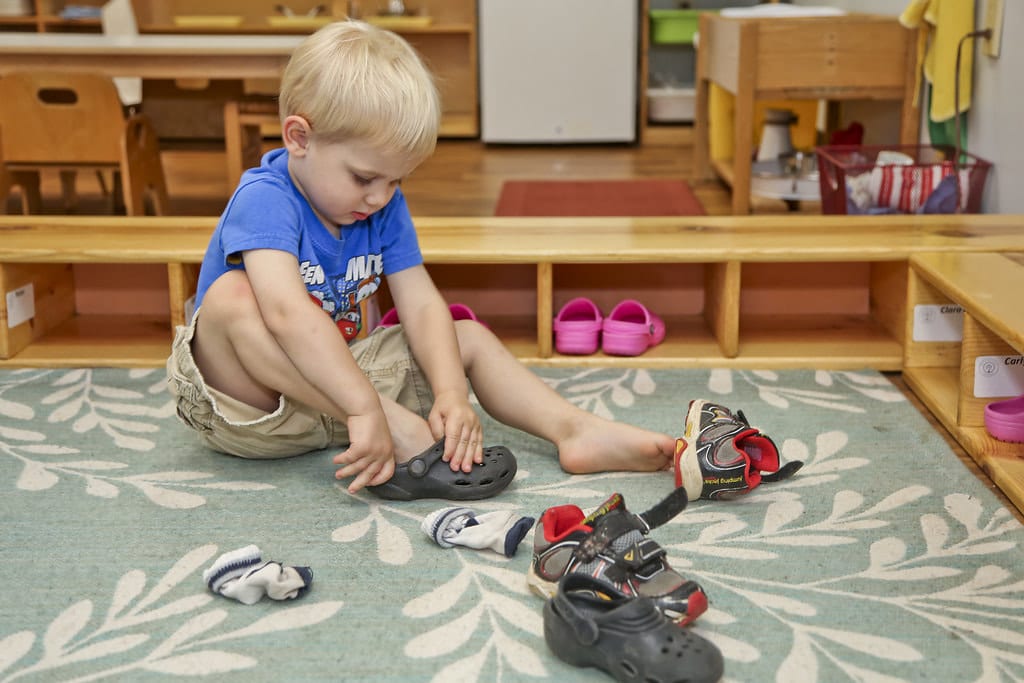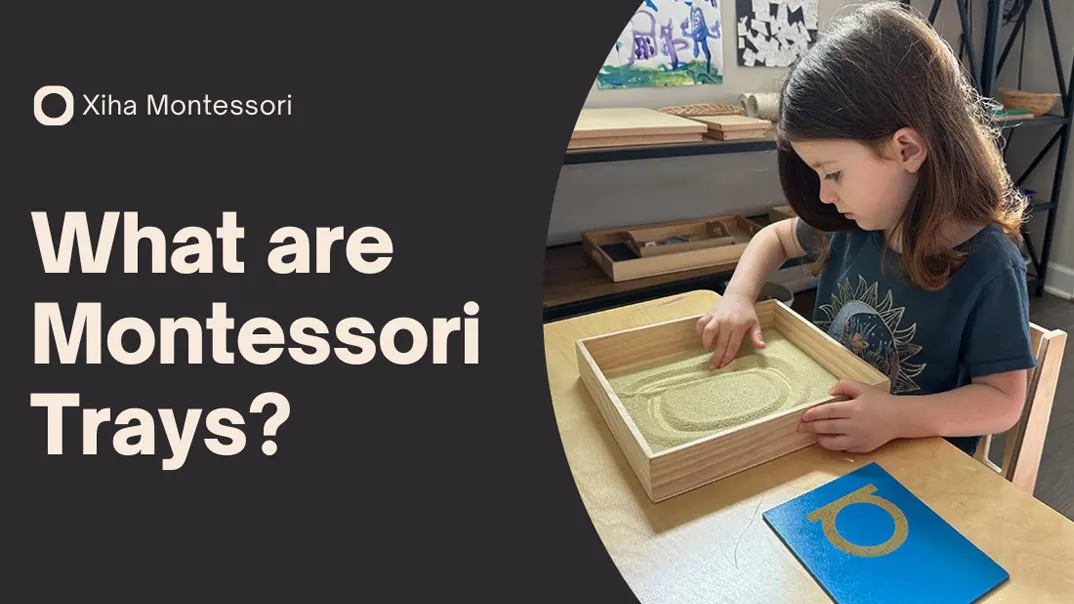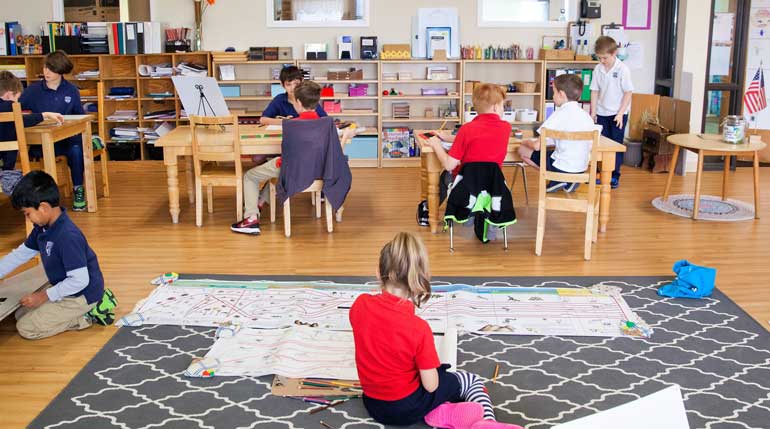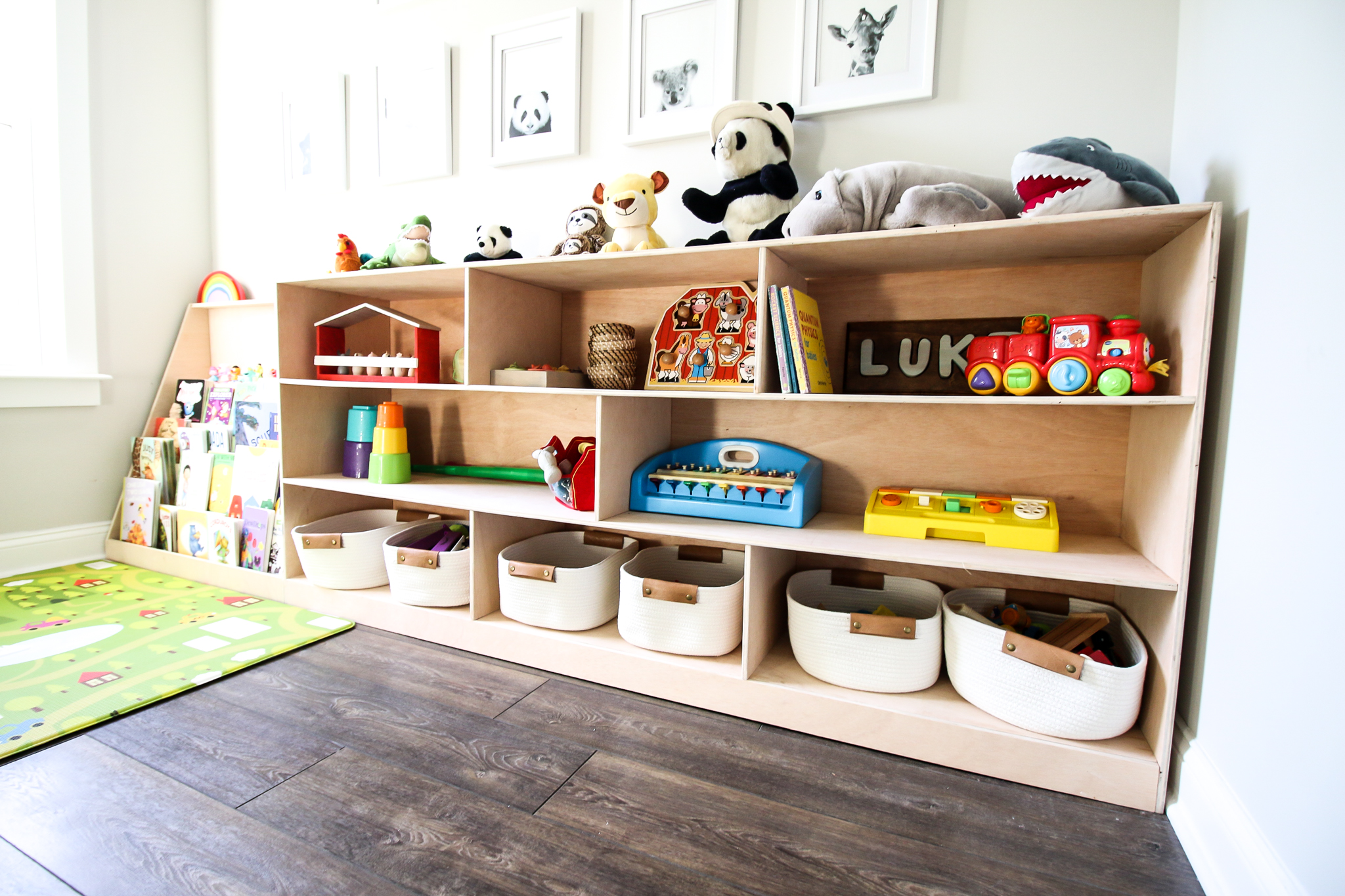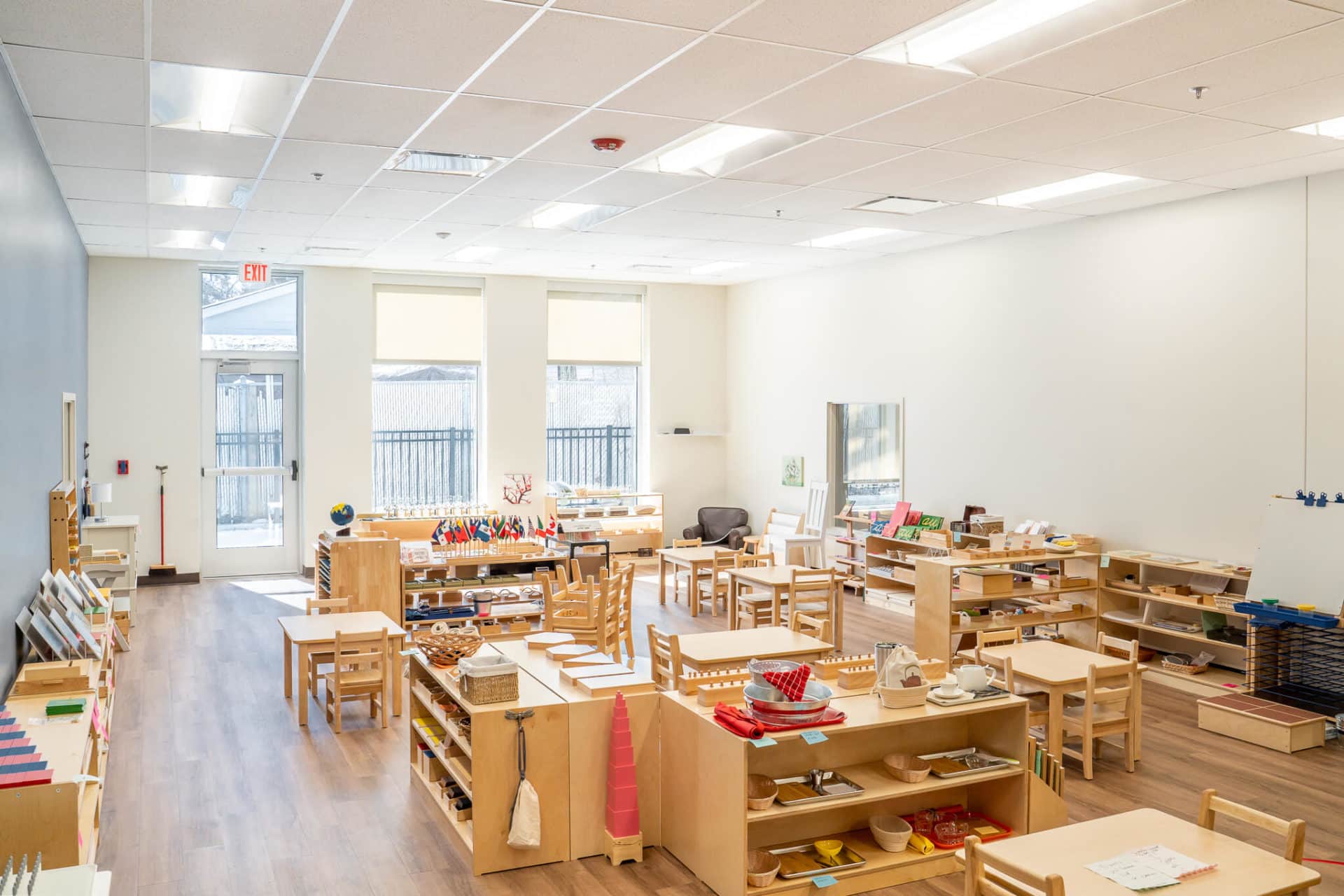
Designing Montessori Classrooms: How and Why They’re So Attractive
A Montessori classroom is a one of a kind environment that helps promote independence and instill a love of learning into children at a young age. Through a clean, minimal aesthetic, the Montesorri method works with children to teach them about the real world and topics like science, language, and the arts.

